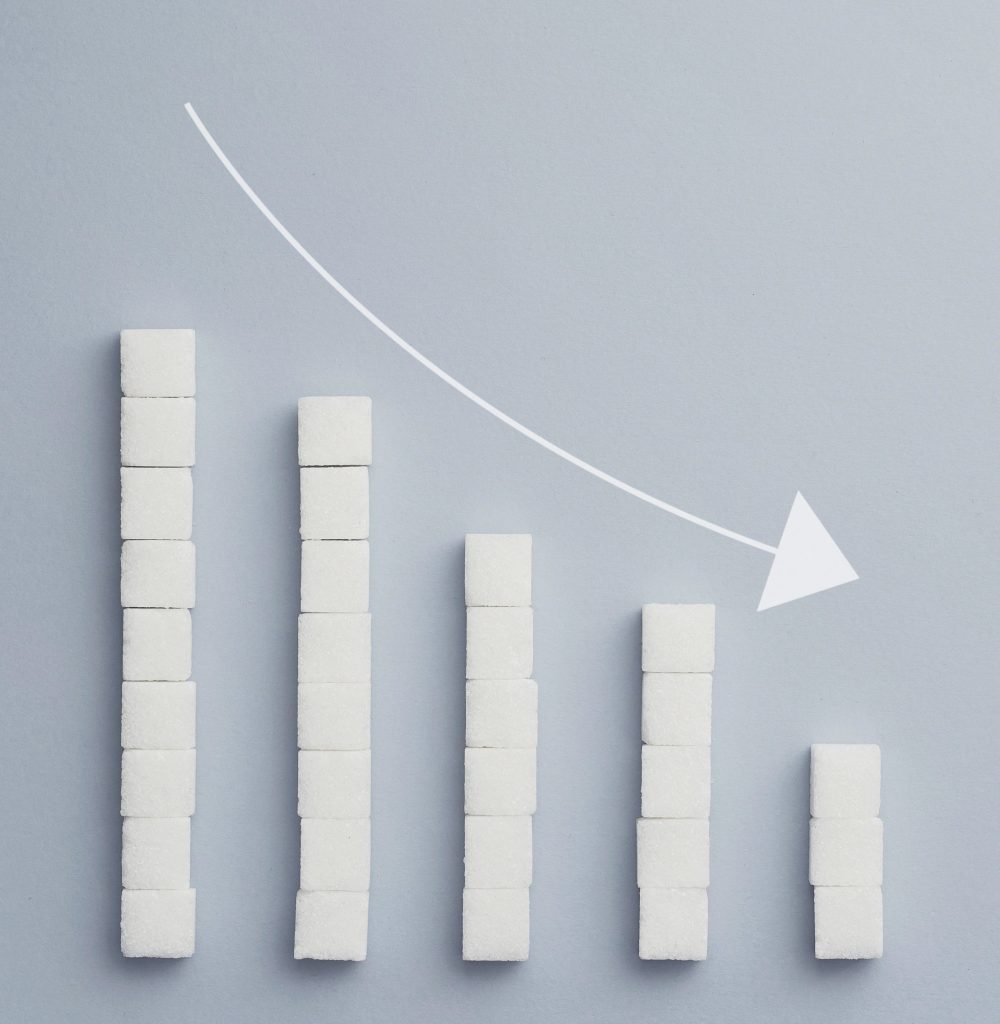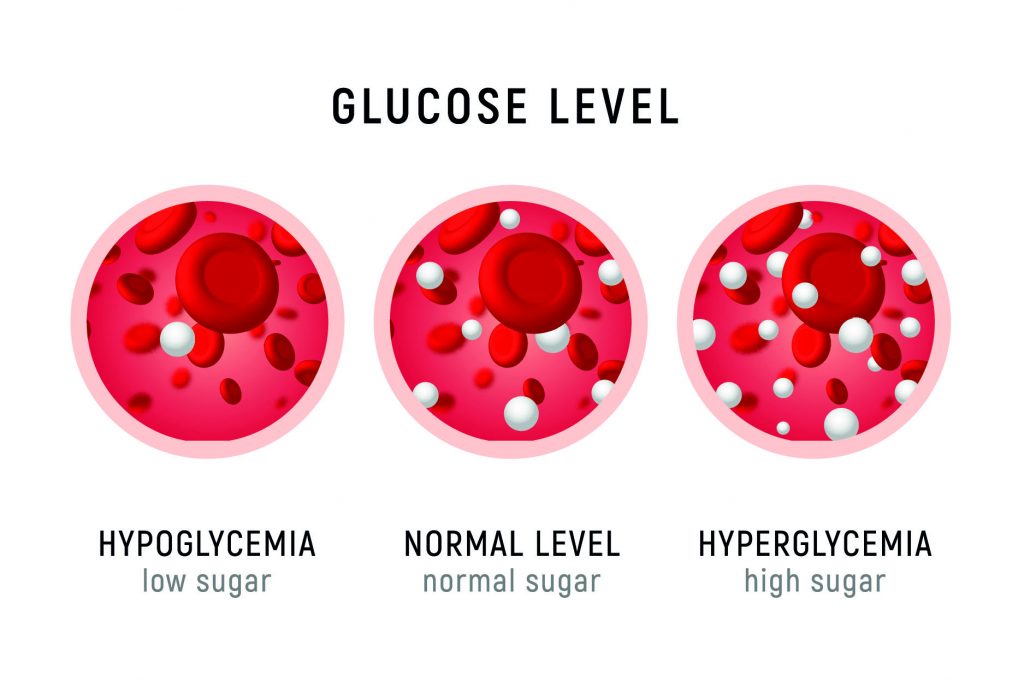What Is Low Blood Sugar?
Though low blood sugar is a medical condition that everyone might face periodically, said issue can be serious. The ailment, also known as hypoglycemia can have numerous potential causes and, in many instances, is treatable. When glucose levels drop, the body lacks a significant energy source, which might render some of its components incapable of performing at an optimal level. Should this drop be too precipitous, serious complications might ensue.

What Are The Symptoms Of Low Blood Sugar?
Symptoms can vary from person to person and often depend upon said condition’s severity. That said, low blood sugar symptoms include but are not necessarily limited to increased hunger, weakness, fatigue, elevated pulse rate, perspiration, tremors, mood disturbances, anxiety and pale skin. However, should the condition progress, individuals may experience far more severe manifestations such as mental confusion, slurred speech, coordination problems, vision disturbances, convulsions and unconsciousness.
What is Hypoglycemia?
Hypoglycemia sounds scary because it can feel scary, at least temporarily. The good news is that rarely is hypoglycemia in and of itself dangerous. And the condition is easily treated and managed. So always be certain to follow the recommendations of the doctor to avoid serious consequences.

In the simplest terms, hypoglycemia is what it’s called when you have very low blood sugar levels in your body. It is a fairly common situation that can have an effect on over 200,000 people in the United States every year. Sometimes hypoglycemia occurs in conjunction with other, more serious, health concerns. However, in most cases, it happens all on it’s own, and as such, usually resolves itself quickly, within a few days to a few weeks.
What Are the Symptoms of Hypoglycemia?
When someone experiences extremely low blood glucose (sugar) levels, there are almost always some very clear signs that something is not right inside the body. Most commonly, a person experiencing hypoglycemia will experience quivers and body shaking. The hands may not be able to stay still, as well. Anxiety is often part of the equation, and the person may feel “off” in a more general sense.
“it is vitally important to seek medical attention as soon as possible to avoid lasting negative consequences […]”
Another common symptom is excessive heart rate and the feeling of the heart “beating out of” one’s chest, or palpitations. In more extreme instances of hypoglycemia, there may be a sense of confusion as blood sugar levels plummet. Sweating and lightheadedness are not uncommon and experiencing cold skin may accompany this aspect of hypoglycemia. Nausea and vomiting once sugar levels bottom out frequently accompany the sweating and dizzy feelings.

If someone believes they are having problems with extremely low blood glucose, it is vitally important to seek medical attention as soon as possible to avoid lasting negative consequences, and they should not try to drive themselves during such a medical crisis.
How Do They Treat Hypoglycemia?

Treatment of this condition always involves raising the person’s blood glucose level safely. Because the condition has an effect on the entire body, raising blood sugar should be done under the supervision of a medical professional whenever possible. Using a hard candy or drinking a glass of juice while awaiting a visit to the doctor can be of some use, as well.
The physician may run a few tests to try to determine a cause of the incident. If it’s happened more than once, there are steps that can be taken to avoid this sudden drop in blood sugar in the future, including certain medications or special glucose rich tablets or candies. Staying safe when a hypoglycemic episode happens is critical, as well, since an episode of this magnitude can cause dizziness that may lead to fainting, when injury can potentially occur. Knowing the signs and symptoms of an episode early on can prevent such dangers, so the doctor may offer advice on understanding the body and preempting attacks of low blood sugar before it’s too late.
